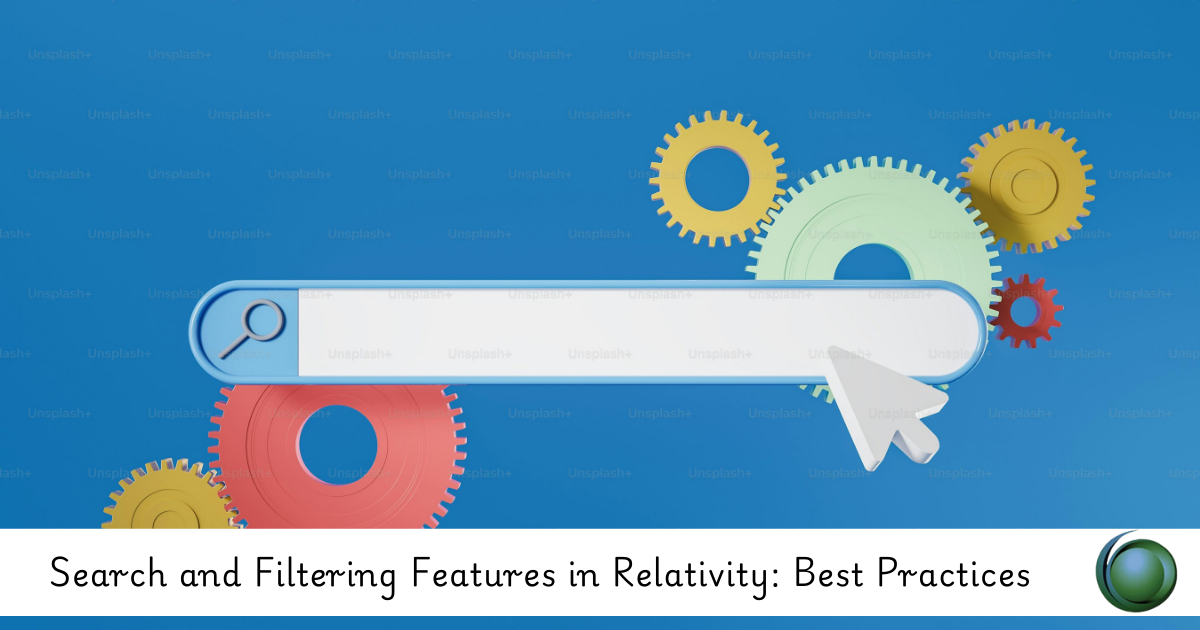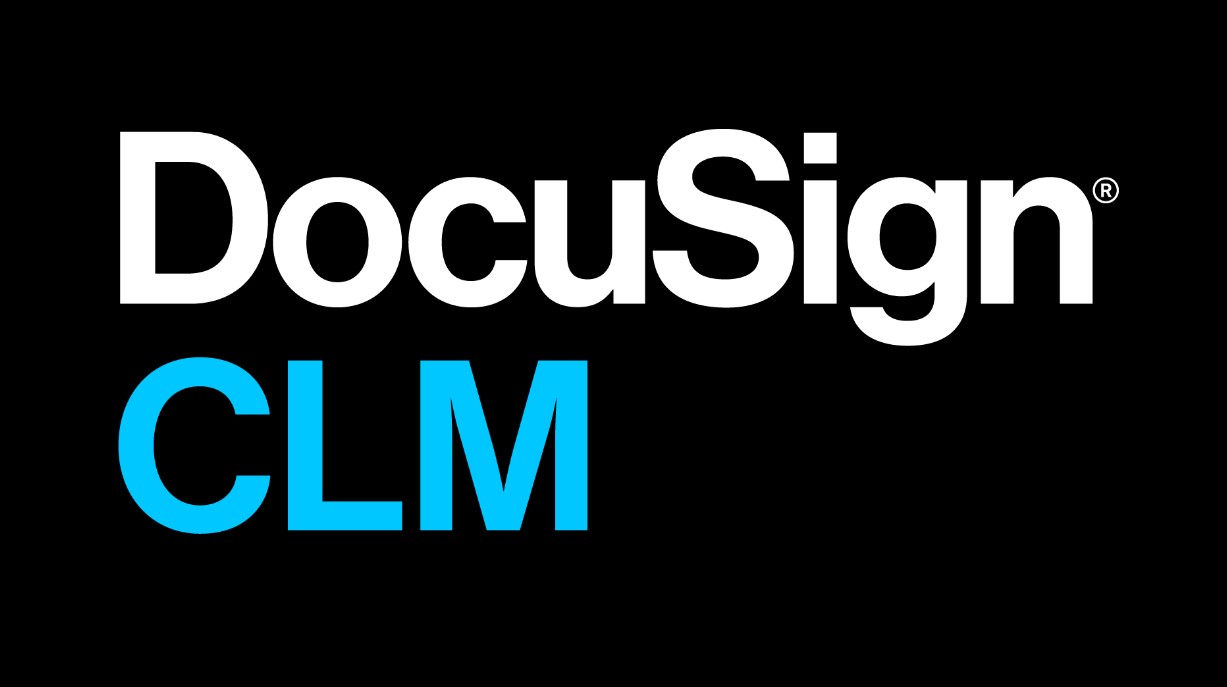1: Introduction to Search and Filtering in Relativity
1.1 Overview of Search Capabilities in Relativity
1.1.1 Importance of search and filtering in e-discovery.
1.1.2 Relativity’s search engine and key features.
1.2 Basic Keyword Search
1.2.1 Using the search bar for simple keyword searches.
1.2.2 Basic search operators and syntax.
1.3 Search Results and Document Preview
1.3.1 Navigating and interpreting search results.
1.3.2 Document preview options for quick review.
2: Advanced Search Techniques of Filtering Features in Relativity
2.1 Boolean Search Operators
2.1.1 Creating complex queries using Boolean logic (AND, OR, NOT).
2.1.2 Combining operators for targeted results.
2.2 Wildcards, Proximity, and Fuzzy Searches
2.2.1 Utilizing wildcards to capture variations of keywords.
2.2.2 Setting proximity limits for contextual searches.
2.2.3 Implementing fuzzy searches for spelling variations and errors.
2.3 Date and Metadata-Based Searches
2.3.1 Searching based on document metadata (e.g., dates, authors, file types).
2.3.2 Applying date filters to narrow down large datasets.
3: Using Filters to Narrow Results
3.1 Applying Filters in Relativity
3.1.1 Overview of filter options: textual, date, and number-based filters.
3.1.2 Using multiple filters to refine search results.
3.2 Saved Searches and Custom Views
3.2.1 Saving searches for future use.
3.2.2 Creating custom views for specific search needs.
3.3 Dynamic Filtering
3.3.1 Utilizing dynamic filters that update as search results change.
3.3.2 Customizing filter settings for specific workflows.
4: Search Logic and Best Practices of Filtering Features in Relativity
4.1 Understanding Search Logic in Relativity
4.1.1 How Relativity processes search queries.
4.1.2 Impact of parentheses, precedence, and order of operations in searches.
4.2 Best Practices for Crafting Effective Search Queries
4.2.1 Structuring searches to minimize false positives.
4.2.2 Balancing comprehensiveness with specificity in search terms.
4.3 Common Search Mistakes to Avoid
4.3.1 Misuse of operators and incorrect syntax.
4.3.2 Over-filtering or under-filtering data.
5: Search Performance Optimization
5.1 Improving Search Speed and Performance
5.1.1 Tips for optimizing searches in large datasets.(Ref: Managing Cases and Workspaces in Relativity)
5.1.2 Avoiding common pitfalls that slow down searches.
5.2 Indexing for Better Search Results
5.2.1 How Relativity’s indexing affects search speed and accuracy.
5.2.2 Rebuilding and optimizing indexes for large cases.
5.3 Batch Searching
5.3.1 Running searches across multiple datasets or batches.
5.3.2 Automating recurring searches for ongoing cases.
6: Advanced Search Features and Techniques
6.1 Relativity Analytics: Concept Search
6.1.1 How concept searching differs from keyword searches.
6.1.2 Leveraging Relativity’s analytics for conceptual clusters.
6.2 Email Threading and Near-Duplicate Detection
6.2.1 Using advanced analytics to group related documents.
6.2.2 Email threading and deduplication to reduce review time.
6.3 Using Search and Filters in Technology-Assisted Review (TAR)
6.3.1 Combining search and TAR for more efficient reviews.
6.3.2 Applying filters and searches to training sets in predictive coding.
7: Managing Search Workflows and Reporting
7.1 Search Workflow Management
7.1.1 Developing workflows incorporating best practices for search and filtering.
7.1.2 Assigning search tasks and managing search strategies across teams.
7.2 Search and Filtering Reports
7.2.1 Generating reports on search performance and coverage.
7.2.2 Analyzing search metrics to refine strategies.
7.3 Audit Trails and Search History
7.3.1 Tracking search activity and results over time.
7.3.2 Maintaining an audit trail for defensibility.
8: Final Review and Hands-on Practice
8.1 Practical Exercise: Designing an Advanced Search Strategy
8.1.1 Hands-on activity to apply search and filtering techniques to a case study.
8.1.2 Review and discuss search results and strategies.
8.2 Best Practices Recap
8.2.1 Recap of the best practices covered throughout the course.
8.2.2 Key takeaways for implementing searches in real-world cases.
8.3 Final Q&A and Course Conclusion
8.3.1 Open discussion for questions, clarifications, and real-world applications.







Reviews
There are no reviews yet.